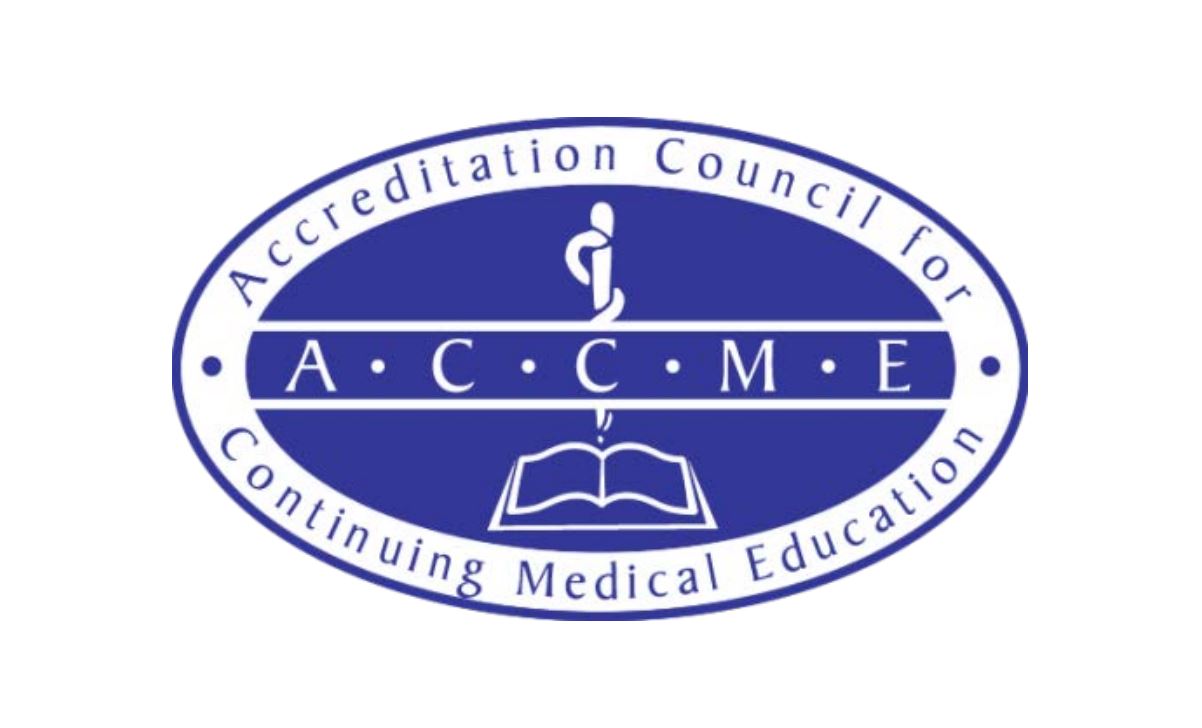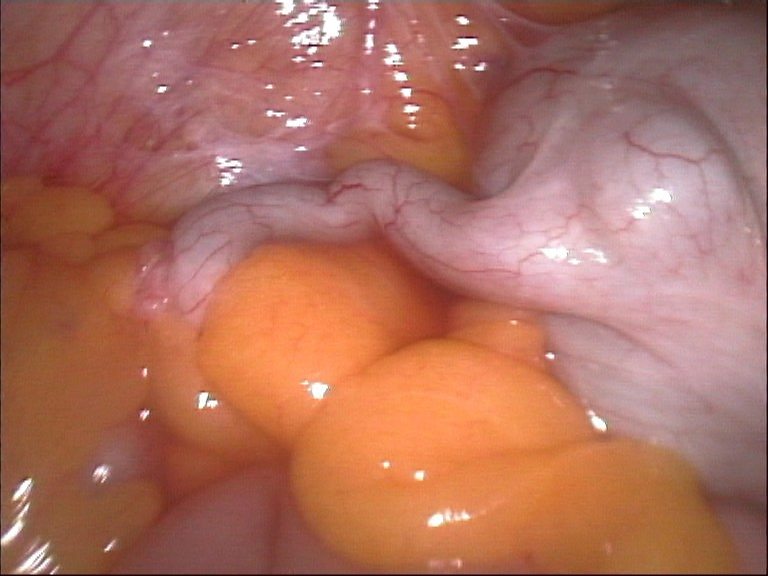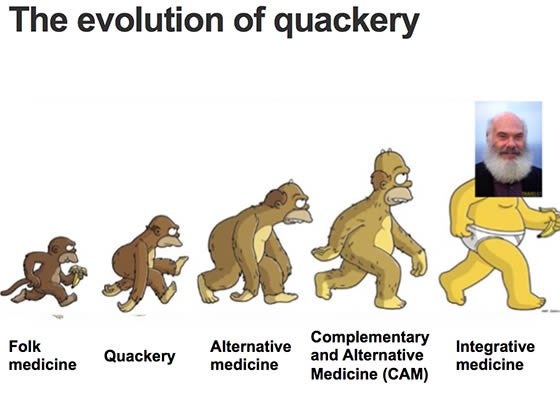
Learning quackery for Continuing Medical Education credit
The Integrative Addiction Conference 2015 (“A New Era in Natural Treatment”) starts tomorrow in Myrtle Beach, SC. Medical doctors, doctors of osteopathy, naturopaths and other health care providers will hear lectures on such subjects as “IV Therapies and Addiction Solutions,” given by Kenneth Proefrock, a naturopath whose Arizona Stem Cell Center specializes in autologous stem cell transplants derived from adipose tissue. Proefrock,...
Coca-Cola Science
Science functions best when it is free from any bias or conflict of interest. All those engaged in the process should value what is actually true more than anything else. Unfortunately, there are many sources of bias in science. Researchers may want their pet theory to be supported. Journal editors want to publish research that will have a high impact. And of...

An Alternative to Appendectomy: Antibiotics
My title doesn’t refer to alternative medicine, it refers to an alternative within medicine: treating appendicitis with antibiotics instead of surgery. You may be surprised to learn that patients with appendicitis don’t always automatically need an appendectomy. A recent randomized controlled trial in Finland compared surgery to medical treatment. History of appendicitis treatment There is an excellent, detailed history of appendicitis available...
“Aborted fetal tissue” and vaccines: Combining pseudoscience and religion to demonize vaccines
As hard as it is to believe after seven and a half years of existence and nearly 2,400 posts on SBM, every so often, something reminds me that we here at SBM haven’t discussed a topic that should be discussed. So it was a couple of weeks ago, when I saw a familiar name in a news story that wasn’t about vaccines....
New Study on Homeopathic Cough Syrup for Children Reveals a Lack of Effectiveness and Ethics
On the pages of SBM we frequently discuss homeopathy, and rightfully so considering its position as one of the most pervasive yet dumbest forms of alternative medicine. Just yesterday our own Scott Gavura, who is neither pervasive nor dumb, wrote an excellent review of some recent improvements in the regulation of these ridiculous remedies in Canada, and I encourage readers to check...
A homeopathic win for consumers
Do you believe in magic? It might surprise you to learn that some people believe sugar pills have healing properties. This belief system, called homeopathy, is a multi-billion dollar industry worldwide, and it’s growing. While there is no convincing evidence to demonstrate that homeopathic treatments are more effective than a placebo, many consumers and even some health professionals accept homeopathy as a...

We Should Abandon the Concept of “Alternative Medicine”
In a recent editorial for the New York Times, Aaron E. Carroll argues, “Labels Like ‘Alternative Medicine’ Don’t Matter. The Science Does.” I agree with this headline thesis, but the details of his argument ironically show the harm that the so-called CAM (complementary and alternative medicine) movement has done. Carroll starts out well, essentially pointing out that the division between “conventional” and...
Monkeys, Myths, and Molecules: A Chemist Separates Fact from Fiction
“Dr. Joe” (from the title of his radio show) has done it again. He keeps putting out books faster than I can take them in; this one is titled Monkeys, Myths, and Molecules. It is packed with pithy analyses of health-related subjects that should be of particular interest to SBM readers. Dr. Joe is Joseph Schwarcz, a chemistry professor and science popularizer...
The 21st Century Cures Act: The (Somewhat) Good, The (Mostly) Bad, and The (Very) Ugly
The approval of new drugs and medical devices is a process fraught with scientific, political, and ethical landmines. Inherent in any such process is an unavoidable conflict between rigorous science and safety on the one side, which tend to slow the process down by requiring large randomized clinical trials that can take years, versus forces that demand faster approval. For example, patients...






